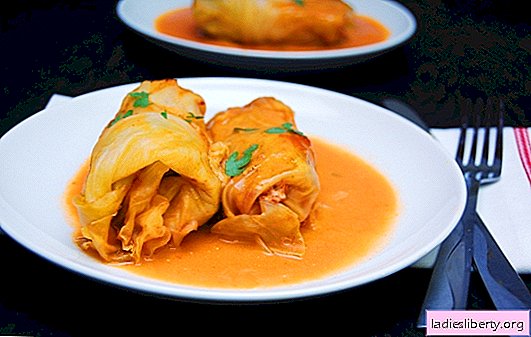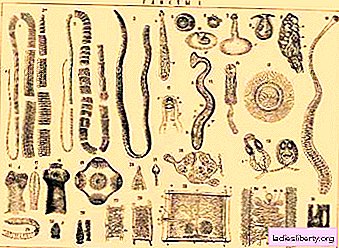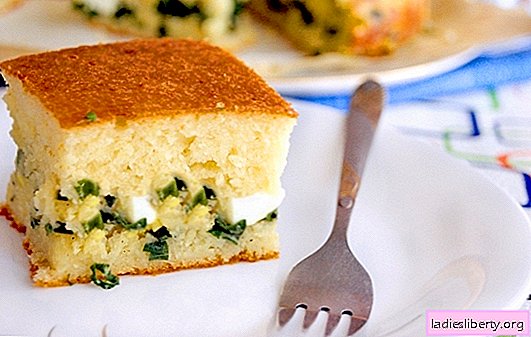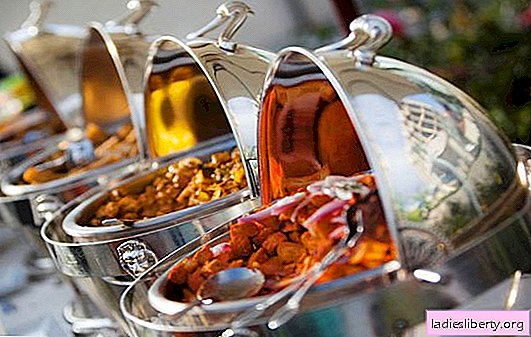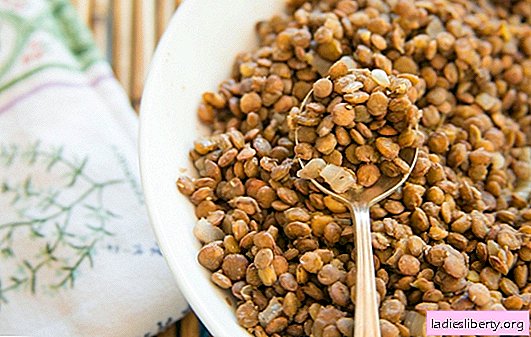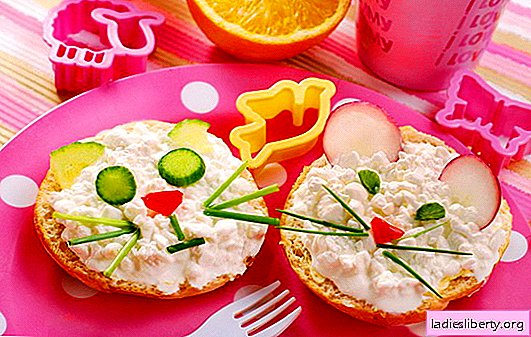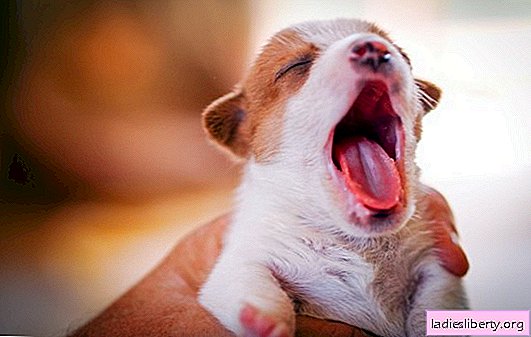
Hiccups are bothering not only us, but also our pets. And we, of course, want to know why this happens, and what we can do for our beloved pet. In the article, we explain why the puppy hiccups, how to help him at this moment and when it is worth contacting a veterinarian to make sure that hiccups are not a symptom of a more serious illness.
What is hiccups?
Hiccups are involuntary contractions of the diaphragm. The diaphragm is the muscular septum of the internal skeletal muscle, which separates the chest cavity from the abdominal. When the dog inhales, the diaphragm contracts and moves down, freeing up more space in the chest cavity to expand the lungs. When the dog exhales, the diaphragm relaxes and rises back into the chest cavity. Typically, the movements of the diaphragm are smooth and regular, but sometimes a muscle spasm occurs, which we call hiccups.
What causes hiccups in dogs?
There are several reasons that lead to hiccups in puppies. So, hiccups can cause:
Nervous irritation of the diaphragm.
· Rapid absorption of food when the dog eats in large pieces, swallowing a lot of excess air.
A diet containing a small amount of liquid food.
· Binge eating.
· High seasoning in food (peppers, caraway seeds, etc.).
· Inadequate consumption of plain drinking water.
· Hypothermia - general hypothermia (especially in dog breeds without hair and shorthair, aggravated at a young age).
· High long-term physical activity - running, jumping.
· Ingestion by a puppy of a foreign object.
· Disorders of the cardiovascular system.
Violations of the nervous system.
· Defeat helminths.
Asthma or other respiratory diseases.
Excitement, emotions, and stress that affect respiratory rate.
Why the puppy hiccups: possible diseases
Usually a puppy with a hiccup is completely healthy and develops normally. However, hiccups may also manifest as a symptom of a more serious health problem. It is important to pay attention to its duration. A normal indicator is the time from a few minutes to an hour. However, if the puppy hiccups for a longer time - it is recommended to consult a veterinarian. The veterinarian must examine the dog and establish a diagnosis. It is important to know the symptoms that may accompany hiccups and indicate other diseases.
· Common symptoms of heart disease in puppies: cough, shortness of breath, any changes in behavior, loss of appetite, weight loss or vice versa weight gain, general weakness, and sometimes fainting, anxiety, desire to retire.
· Common symptoms of respiratory illness in puppies: coughing and hiccups along with sudden changes in the dog’s breathing are important symptoms, including dehydration, loud and heavy breathing, runny nose, sneezing, lethargy, and anxiety.
· Common symptoms of gastrointestinal diseases in puppies: vomiting, diarrhea, bloating, loss of appetite, discomfort, constipation. All this can begin with hiccups.
· Common symptoms of intestinal worms in puppies: vomiting, diarrhea, lethargy, black stools, worms in vomit or feces. Hiccups may precede vomiting.
Although hiccups in most cases are truly completely harmless to the puppy, if you notice any of the symptoms listed above, you should plan to see a veterinarian.
How to relieve and stop hiccups in a puppy?
How to help your beloved pet get rid of hiccups? And is it possible? Fortunately, there are several ways you can try to stop hiccups, depending on the reasons for its occurrence. The main idea of all the ways is to calm the dog. In addition, you should also remain calm, because your puppy may feel your excitement and it will be difficult to calm down.
· You can try to get your puppy to drink some water. It often works in public.
If hiccups appear after your dog has eaten, you need to observe the process of eating. A puppy can grab food too eagerly and much, quickly, without stopping to breathe or drink water. Try to give food in small portions or feed directly from the hand, while giving the puppy drink a little water.
Massaging your stomach can be a great way to deal with hiccups. Put the puppy in a comfortable position for him and slowly massage his stomach to relax the pet and relieve muscle cramps. This method also works if your puppy is excited.
· Another way is to put the puppy on its back and hold its legs with both hands vertically for several minutes.
· It is important to distract the puppy. Do not let your pet stay focused on hiccups. Start playing with him, this will not only distract you from an unpleasant situation, but will also help you quickly get rid of cramps.
· Chlorpromazine and haloperidol are two drugs that can be prescribed by a veterinarian for perfectly healthy dogs, which for some reason hiccup too often, for a long time, or cannot stop hiccuping at all. They are designed to help the diaphragm relax and stop contracting.
If hypothermia is the cause of the hiccups, it goes without saying that you must do something to help your dog keep warm. You can use a blanket or your own body heat to regulate its temperature until the hiccups stop.
· For some reason, giving your dog something sweet, such as sugar, honey or maple syrup, you help her get rid of cramping. There is no scientific explanation for this, but this method is actively and successfully used by dog owners.
· Surgical intervention is performed in extremely rare cases. When you and the veterinarian tried all the methods of struggle, but they were unsuccessful. Then the doctor can surgically intervene in the vomiting center of the dog and provide relaxation of the diaphragm.
If your dog suffers from certain diseases, such as pancreatitis, dyspepsia, diseases of the gastrointestinal tract, diseases of the nervous system, infection of the intestinal worms that cause the diaphragm to contract, the veterinarian will determine the appropriate treatment to alleviate the symptoms.

